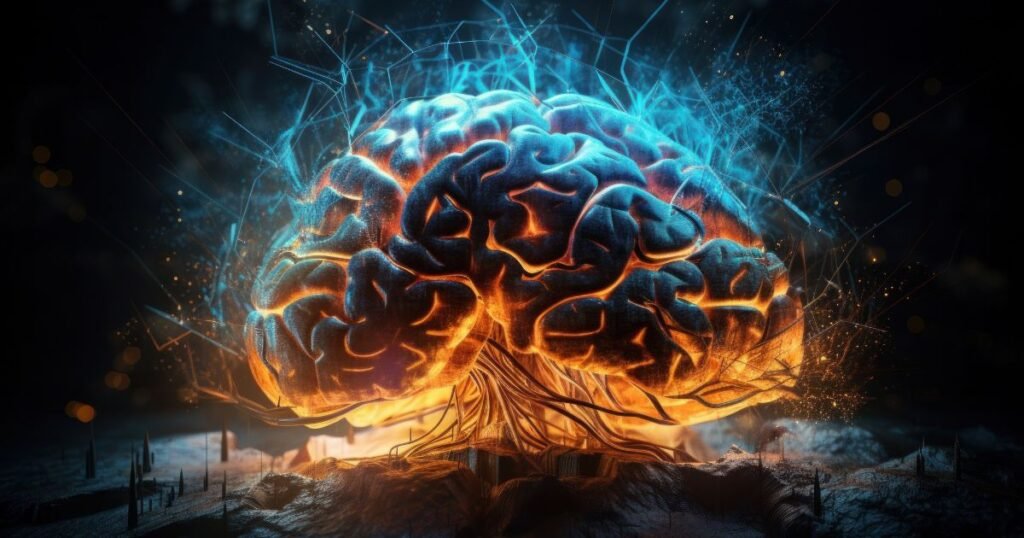Read More: Mediterranean Diet
1. Introduction to Social Cognition
Social cognition serves as a pivotal topic within psychology, focusing on how individuals process, store, and apply information related to other people and social contexts. This field explores the cognitive processes involved in social interactions, emphasizing the role they play in shaping human behavior and understanding of social stimuli.

2. Key Processes in Social Cognition
Social encompasses various stages of information processing, including encoding, storage, retrieval, and processing. These cognitive processes are crucial in perceiving, interpreting, and remembering social stimuli, while also considering the influence of social and affective factors on information processing.
3. The Role of Social Schemas
An essential aspect of cognition is the concept of social schemas, which refers to mental representations of social patterns and norms . These schemas include information about societal roles, expectations, and the perception of different individuals within a group. Social schemas significantly impact how individuals process and interact with social information, shaping their cognitive responses and behaviors.
4. The Significance of Social Cognition in Psychology
Social plays a fundamental role in understanding a wide range of psychological phenomena, encompassing intrapersonal, interpersonal, intragroup, and intergroup processes . By investigating the cognitive processes underlying these phenomena, provides insights into perception, judgment, memory of social stimuli, and the consequences of cognitive processes on behavior and interpersonal relationships.
5. Social Cognition and Neurocognitive Development
Developmental psychologists study the progression of social cognition abilities from infancy to adulthood . The protracted development of underscores its importance in acquiring social competence and adapting to social environments . Researchers explore the neural networks and frameworks associated with sociocognitive abilities, such as face processing, joint attention, theory of mind, empathy, and moral processing.
6. Historical Development of Social Cognition

Social cognition gained prominence with the rise of cognitive psychology in the late 1960s and early 1970s, becoming the dominant model and approach in mainstream social psychology. The core principle shared among social theories is the representation of information and the cognitive processes involved in its interpretation, memory, and application.
7. Applications of Social Cognition
The insights derived from cognition have practical applications in various fields, including education, marketing, organizational behavior, and conflict resolution. Understanding how individuals perceive, interpret, and respond to social information allows for more effective communication, decision-making, and social influence strategies.
8. Social Cognition in Everyday Life
Social influences our daily interactions, shaping how we think, feel, and engage with others. It impacts our attitudes, person perception, stereotypes, self-concept, and decision-making processes . By examining the ways in which operates in our daily lives, we can gain a deeper understanding of our social experiences and interpersonal dynamics.
9. Influences on Social Cognition
Numerous factors influence social including culture, socialization, personal experiences, and social context. These influences shape individuals’ cognitive processes, affecting their perceptions, beliefs, and behaviors in social situations.
10. The Connection Between Social Cognition and Emotional Intelligence
Social cognition and emotional intelligence are closely intertwined. The ability to understand and manage one’s emotions, as well as accurately perceive and respond to others’ emotions, relies on social cognitive processes. Emotional intelligence and cognition work synergistically to facilitate effective social interactions and build meaningful relationships.
11. Challenges and Disorders Related to Social Cognition
cognition plays a crucial role in several psychological disorders, including autism, schizophrenia, and psychopathy.

12. Promoting Healthy Social Cognition
Fostering healthy social involves strategies such as empathy training, perspective-taking exercises, and interventions that enhance social skills and emotional regulation. By developing and refining social cognitive abilities, individuals can navigate social situations with greater understanding and effectiveness.
13. Research Methods in Social Cognition
Researchers employ various methods to investigate including experimental studies, surveys, neuroimaging techniques, and behavioral observations. These approaches provide valuable insights into the underlying mechanisms of social and its impact on human behavior.
14. Future Directions in Social Cognition Research
As the field of social continues to evolve, future research aims to explore emerging areas such as the impact of technology on social interactions, cross-cultural aspects of cognition, and the neural mechanisms underlying social cognitive processes. By addressing these frontiers, researchers seek to deepen our understanding of social and its implications.
15. Conclusion
cognition represents a vital field within psychology, elucidating the cognitive processes involved in perceiving, storing, and applying social information. By investigating these processes, researchers gain valuable insights into human behavior, interpersonal relationships, and the complexities of social interactions. Understanding cognition equips us with knowledge and tools to navigate the intricacies of social dynamics and promote healthy social functioning.

Read More: social cognition
FAQs
1. How does social cognition impact our daily lives?
Social cognition significantly influences our daily interactions, shaping our attitudes, perception of others, self-concept, and decision-making processes. It plays a fundamental role in how we understand and navigate the social world around us.
2. What are some practical applications of social cognition?
Insights from social research have practical applications in fields such as education, marketing, organizational behavior, and conflict resolution. Understanding how people process social information can enhance communication, decision-making, and social influence strategies.
3. Are social cognition and emotional intelligence connected?
Yes, social and emotional intelligence are closely interconnected. Both involve the ability to perceive, understand, and respond to social and emotional cues. Developing social cognitive skills can contribute to the development of emotional intelligence.
4. Which psychological disorders are related to social cognition?
Several psychological disorders, including autism, schizophrenia, and psychopathy, are associated with disruptions in cognition. Understanding these disruptions can inform therapeutic interventions and support individuals with these disorders.
5. What are some future directions in social cognition research?
Future research in social aims to explore emerging areas such as the influence of technology on social interactions, cross-cultural aspects of cognition, and the neural mechanisms underlying social cognitive processes. These investigations will expand our knowledge and understanding of social in diverse contexts.






